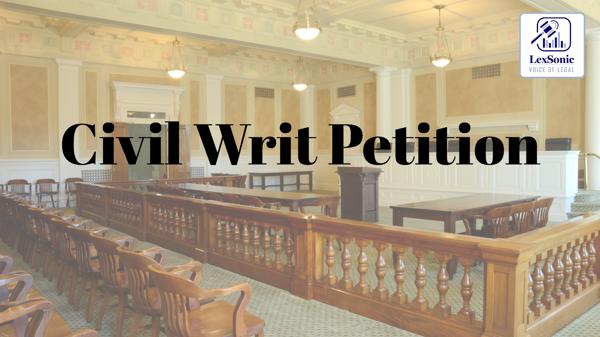Bombay High Court Orders Demolition of "Wholly Illegal" Construction, Rejects Regularization Plea.
20 June 2025
Civil Writ Petition >> Civil & Consumer Law
In a significant ruling, the Bombay High Court has ordered the demolition of an unauthorized construction, strongly rejecting the argument that blatant illegalities can be regularized under the Maharashtra Regional and Town Planning Act, 1966 (MRTP Act). The decision came in a writ petition filed under Article 226 of the Constitution of India by a landowner seeking the demolition of structures erected by Respondents Nos. 3 to 5 on his property.
The petitioner, claiming lawful ownership of the land since 1975, stated that the respondents unlawfully began construction in February 2024. Despite complaints and communications from the Municipal Corporation (Respondent No. 2) acknowledging the lack of permission and warning of MRTP Act proceedings, no concrete action was taken to stop the ongoing unauthorized construction. This inaction ultimately compelled the petitioner to approach the High Court after previous legal attempts, including a civil suit and another writ petition, failed to yield the desired outcome.

Respondents Nos. 3 to 5, the builders, contended that the law permits post-facto regularization under Section 53(2) of the MRTP Act and cited various Supreme Court and High Court judgments, including Mahendra Baburao Mahadik, to support their claim that structures not substantially exceeding permissible limits could be regularized. They also accused the petitioner of having "unclean hands" due to their own alleged unauthorized construction.
However, the High Court, after a thorough review of the records and legal precedents, vehemently disagreed with the respondents' interpretation. The court criticized the prevailing understanding among local authorities that Section 53(2) allows for regularization of illegal constructions, unequivocally stating that such a practice is "contrary to law" and "impermissible."
Drawing upon its own recent judgment in High Court on its Own Motion and Supreme Court rulings like K. Ramdas Shenoy, Rajendra Kumar Barjatia, and Kaniz Ahmed, the bench emphasized a strict approach against illegal construction. It clarified that Section 53(3) of the MRTP Act applies to "irregularities" (where some permission exists but is contravened) and not to "illegalities" (development without any permission), which are considered "incurable." The court expressed regret that local authorities routinely fail to take consequential actions like demolition and prosecution, leading to widespread unauthorized structures and a lack of accountability.
Finding the construction carried out by Respondents Nos. 3 to 5 to be "wholly illegal," the High Court concluded that it was a fit case to exercise its extraordinary jurisdiction to prevent abuse of process and uphold the sanctity of the judicial system.
Accordingly, the court issued the following directives:
- Demolition: Respondent No. 2 (Municipal Corporation) is directed to demolish the illegal/unauthorized construction and initiate prosecution against all concerned respondents under Section 52 of the MRTP Act within three weeks.
- Accountability: The Municipal Commissioner is directed to take appropriate action against all erring officers responsible for failing to prevent the illegal construction and submit a compliance report within six months.
- Stay on Order: A three-week stay on the operation of the order was granted to allow Respondents Nos. 3 to 5 to appeal to the Supreme Court, with the strict condition that no further construction activity takes place during this period. The Commissioner was also expected to initiate action against his own officers during this interregnum.
The ruling underscores the judiciary's firm stance against unauthorized construction and its commitment to holding both developers and negligent authorities accountable.
MAHARASHTRA REGIONAL AND TOWN PLANNING ACT, 1966
